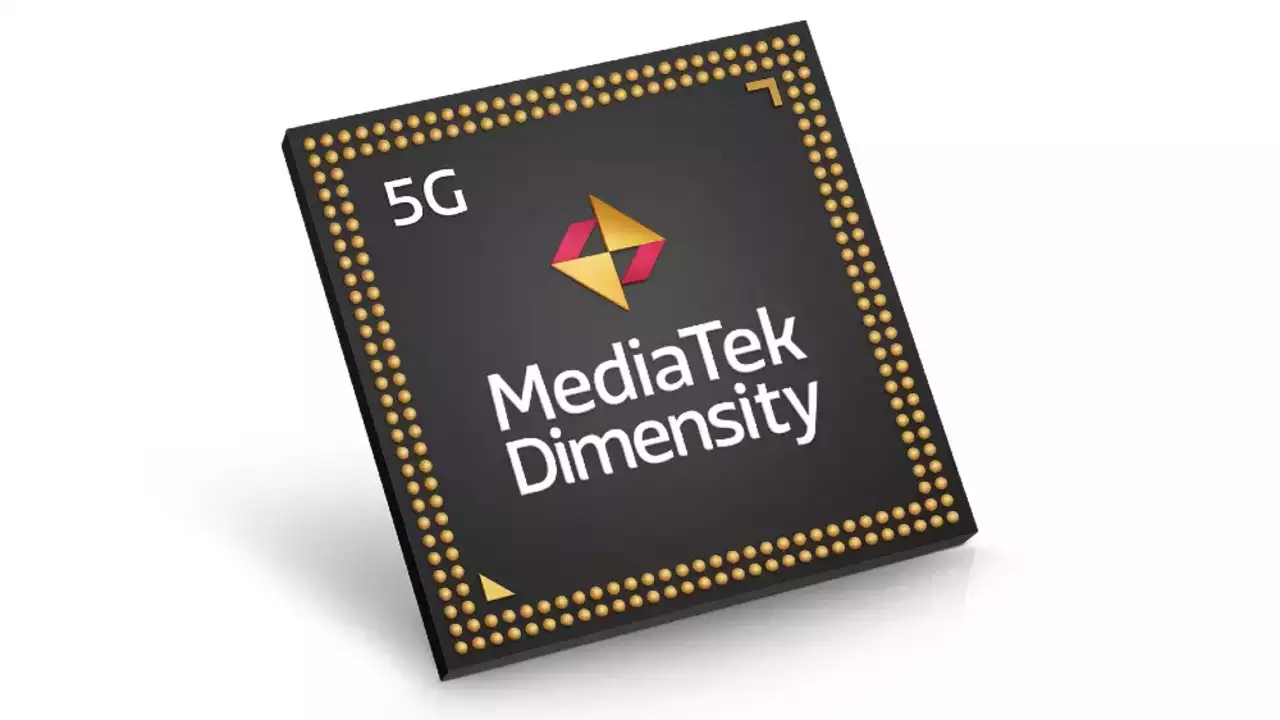Samsung Electronics is poised to make a significant leap in semiconductor technology with its second-generation 3nm process, which is expected to enter prototype production soon. This advancement represents a critical step in the ongoing race with TSMC, as both companies strive to dominate the semiconductor foundry industry globally.
Key Highlights:
- Samsung’s 2nd-gen 3nm process, known as SF3, has entered the prototype production phase.
- The company is testing the performance and reliability of these prototypes, targeting a yield of over 60% within the next six months.
- Samsung aims to use the 2nd-gen 3nm chips in the upcoming Galaxy Watch 7 and the Galaxy S25.
- This technological advancement could see customers like Qualcomm return to Samsung from TSMC.
- The competition between Samsung and TSMC is intensifying as they both prepare for mass production of their 3nm processes.

Samsung Electronics, a frontrunner in the semiconductor industry, is actively gearing up for mass production of its second-generation 3nm GAA (Gate-All-Around) process within the first half of this year. This move is not only technologically significant but also crucial in a competitive landscape where securing major clients like NVIDIA, Qualcomm, and AMD is vital. Samsung’s second-generation 3nm process aims to outperform its predecessors and competitors by providing enhanced performance and reliability.
Samsung’s Innovations and Technological Edge
The Science Behind 3nm Technology
The 3nm GAA technology employed by Samsung represents the cutting edge of semiconductor manufacturing. GAA, or Gate-All-Around, is a technique that allows for more precise control of the transistor channel, leading to increased performance and energy efficiency. This is a significant leap from the traditional FinFET technology, enabling chips to be smaller, faster, and more power-efficient.
Enhancing Chip Performance and Energy Efficiency
By moving to a 3nm process, Samsung aims to create chips that are not only smaller but also more powerful and energy-efficient. This is crucial in a world increasingly reliant on high-performing, low-power devices, from smartphones to wearables and IoT devices. The improved transistor design offered by GAA technology is key to achieving these goals.
Samsung’s Strategic Moves in the Semiconductor Race
Samsung’s latest venture into the 3nm process is part of a strategic effort to regain and solidify its position in the semiconductor market. Currently testing the chip’s performance and reliability, the company’s internal goals include achieving a yield of over 60% for the 3nm second-generation process within the next six months. This ambitious target underlines Samsung’s commitment to overcoming the challenges that come with scaling down chip sizes.
Applications of the 2nd-Gen 3nm Process
The first chip to utilize Samsung’s second-generation 3nm process is expected to be an Application Processor (AP) designed for wearables. This processor is set to feature in the upcoming Galaxy Watch 7, which is scheduled for release later this year. Additionally, Samsung plans to implement this advanced process in the Exynos 2500 for the forthcoming Galaxy S25, slated to debut next year.
Potential Market Shifts
If the second-generation 3nm chips demonstrate stable yields and performance, Samsung could witness a resurgence of customers who had shifted their focus to TSMC. This includes Qualcomm, a major mobile chip company, which introduced the Snapdragon 8 Gen 3 last year.
Samsung’s move to prototype production of its second-generation 3nm process is a crucial development in the semiconductor industry. This technology is set to enhance the performance of future devices, starting with wearables and moving to more complex applications in smartphones. As Samsung inches closer to its yield goals, the industry anticipates a significant shift in the semiconductor market, potentially redefining the competitive dynamics between Samsung and TSMC.


















